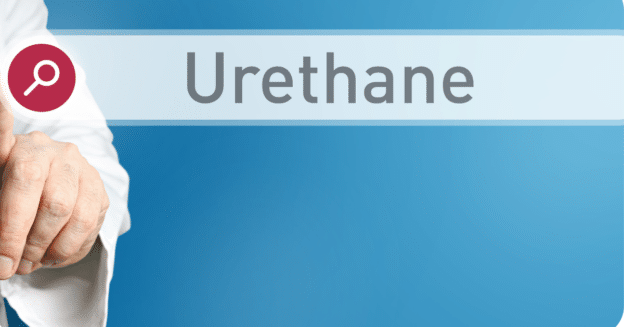Polyurethane is one of the most versatile materials that manufacturers today use. Molding it into almost any shape for utilization across many different industries is possible. You can use custom molded urethane or polyurethane repeatedly in some of the most adverse environments without worrying about it wearing out or being significantly damaged.
Polyurethane is also resistant to high temperatures, electricity, abrasion, corrosion, and many other environmental factors. The versatility of polyurethane has made it a material of choice for a variety of applications across industries.
If you are looking for custom molded polyurethane, it is best to first get a clear idea about the products produced by it and its overall usability. In this short guide, we will break down everything you need to know about this highly useful compound.
What Is Custom Molded Urethane?
When polyurethane undergoes a molding process to take a desired shape and specification, it is referred to as molded urethane or custom molded urethane. Since it can take various forms, the molding process usually varies depending on the end-use of the products produced. Here are a few common techniques that the industry throughout uses:
Compression Molding
In this process, the placement of the liquid polyurethane or millable gum polyurethane into a multiple-plate mold occurs. Once inside the mold, the plates sandwich the urethane compound between them. And, a heated hydraulic press forces the plates together. The extreme pressure and heat of the press force the polyurethane to fill the shape of the enclosed cavity formed by the plates, curing it in the process. This molding process allows for a much more refined end product compared to other techniques; however, it tends to be more expensive as well. Compression molding’s often usage happens in the making of polyurethane seals, bushings, gaskets, and other critical products.
Open Cast Molding
This process involves pouring liquid polyurethane into a mold. It is a relatively inexpensive process that leads to highly durable products. Opencast molding tends to be the most common technique when it comes to making cast urethane elastomer products.
Centrifugal Molding
Also known as spin casting, this process occurs when the liquid polyurethane material is placed inside the center pot of a spinning mold. Channels allow the material to flow to mold cavities using centrifugal force, eliminating air in the process through vents. This process is not suitable for molding large-sized components and parts, and it can be expensive. However, it does produce bubble-free parts if there is a requirement.
Injecting
In this injection method, the liquid (or the hardened droplets) of polyurethane material will shoot into a mold at a very high pressure using an injection molding press. By injecting the liquid into the mold, shaping the polyurethane into almost any design is possible. This process can be cost-efficient because injecting liquid thermoplastic urethane resin is quick and automatization is attainable. Plus, any material waste that occurs in the process can go through the recycling process and its repeated usage is possible. However, injection molds tend to be very expensive and their usage only happens when production volume is incredibly high (e.g., 20,000+ pieces)
Foaming
During the foaming process, the mixed polyurethane material will set and fill out a mold. While the process can take a long time to complete, the end result is a material that is full of air and fiber. And, its usage is common when it comes to mattresses, pillows, seat cushions, adhesive foam strips, etc.
Want to Know More About Custom Molded Urethane? Call Uniflex Inc!
At Uniflex Inc., we have helped many industries meet their custom molded urethane needs over the course of our 40 years in business. We can cast any kind of urethane product for any purpose, regardless of which industry you work in.
Our unmatched precision, attention to detail, and superior quality have helped us become a leading manufacturer and supplier of molded polyurethane in the US. If you have questions or concerns you can call us at 248-486-6000 or fill out this online contact form.



